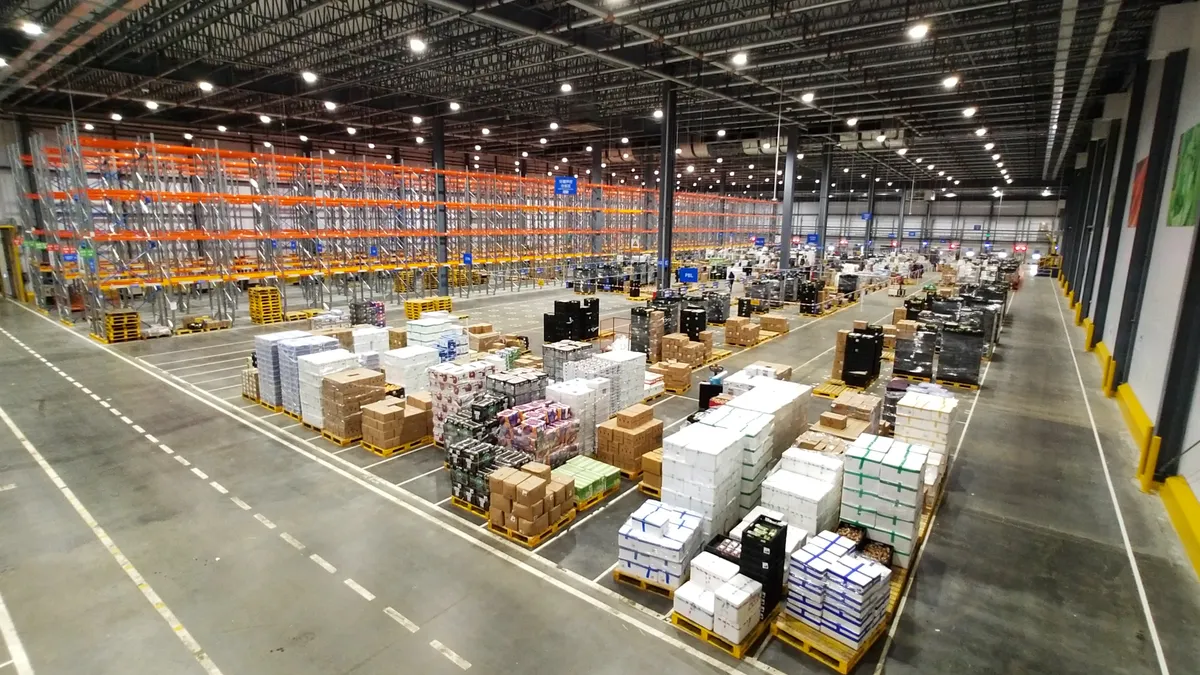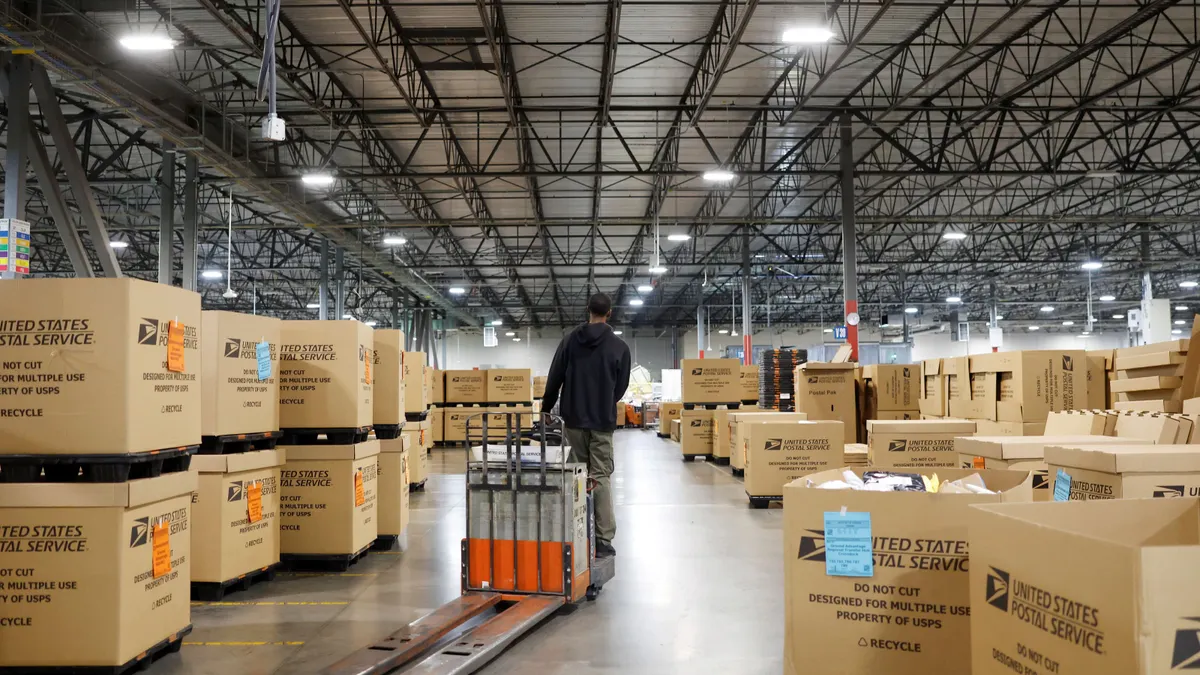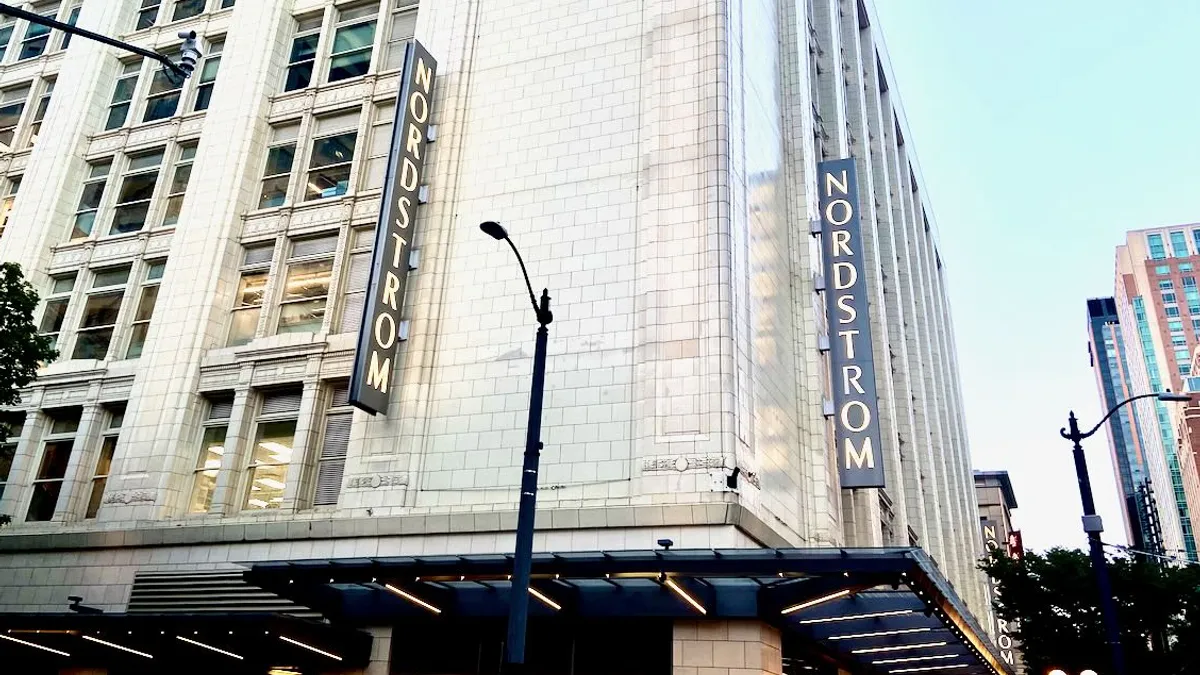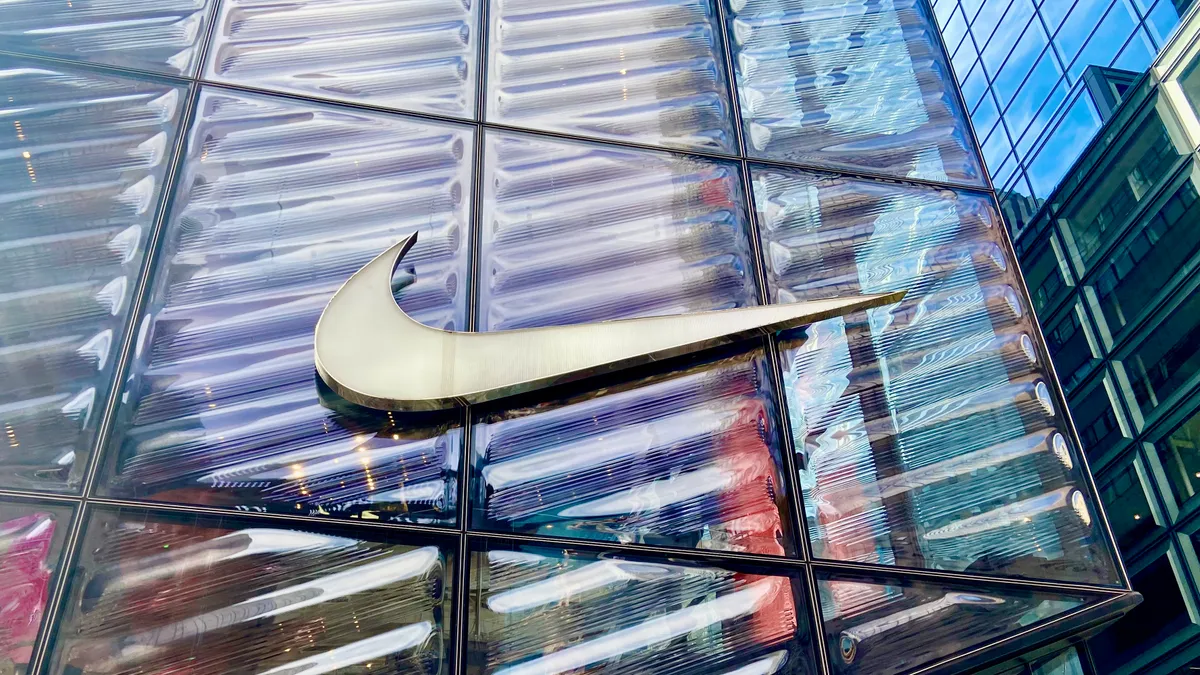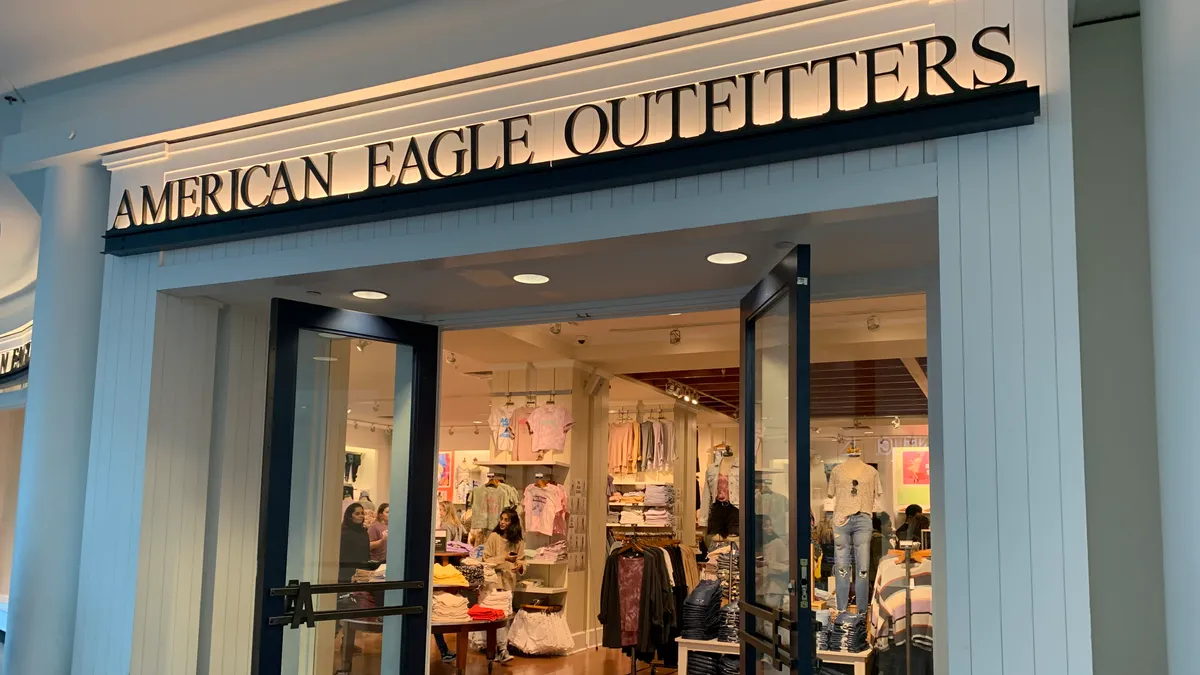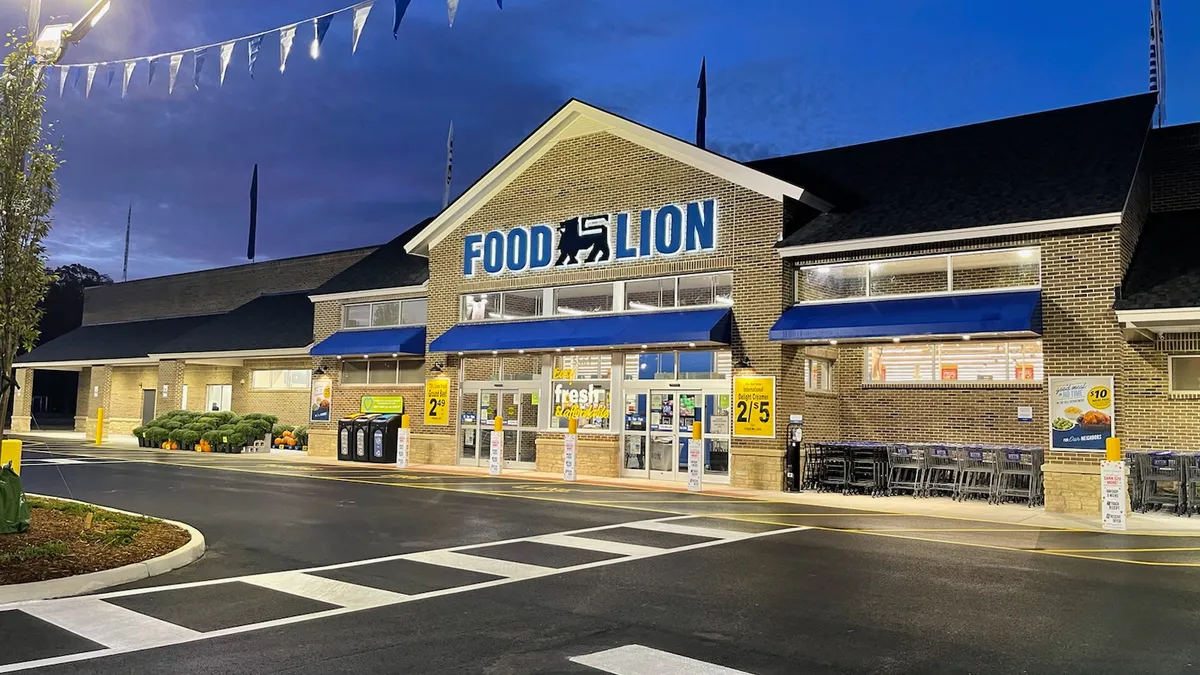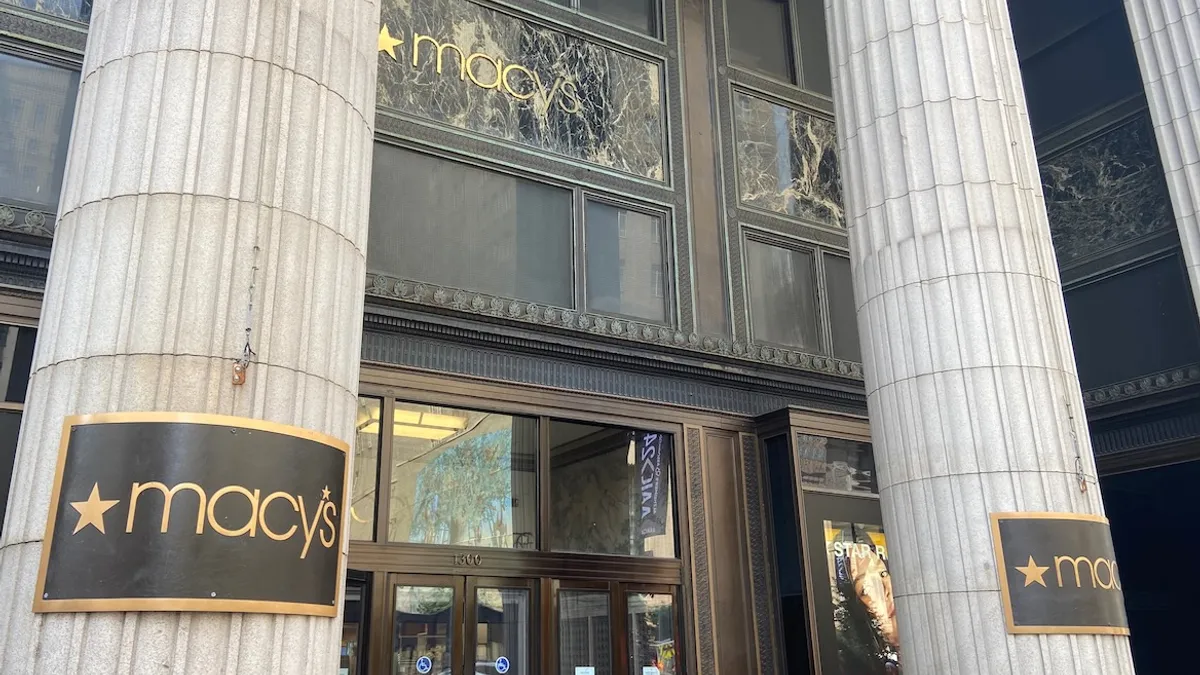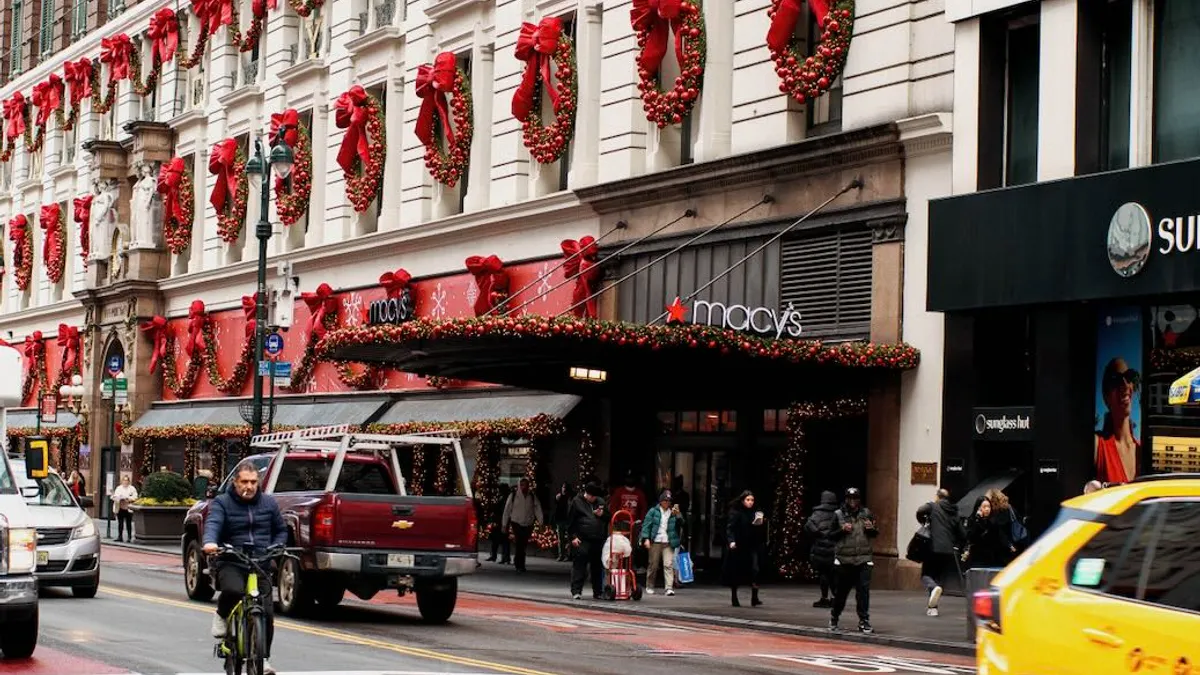The sheer scale of Walmart's supply chain is hard to comprehend.
By the retail giant's own count, it involves some 100,000 suppliers. If truly understanding the size of that network of manufacturers, distributors, subcontractors and so on is difficult, monitoring the goings on of each firm in detail is truly daunting. Yet a decade and a half ago, Walmart was doing less than many of its peers to monitor its suppliers for labor abuses.
In 2006, the sovereign wealth fund of a country known for its own happy workers concluded that Walmart was contributing to human rights violations around the world, both in the retailer's own operations and in its massive supply chain.
When Norway's Government Pension Fund Global excluded Walmart's stock from its investment portfolio more than a decade ago, the fund's ethics council cited reports of employee abuse, safety violations, worker intimidation, unpaid overtime and numerous issues at the retailer's suppliers. The council said Walmart's internal procedures were unequipped to uncover abuses.
This summer, after 13 years, the Norway fund reversed its stance on Walmart.
The retailer's eligibility is probably more symbolic than material. To be sure, Norway's $1 trillion pension is the largest sovereign wealth fund in the world, with a focus on social responsibility. But Walmart is also the world's largest company by revenue and had plenty of takers of its stock, even as Norway abstained for ethical reasons. (Indeed, its stock price has doubled and then some since 2006.)
Still, the progress at Walmart cited by the Norway fund is a testament to changes the retailer has made in its practices. It's a badge of honor, or at least the removal of a badge of shame. It is symbolism that matters as investors and consumers around the world pay more attention to the human and environmental cost of putting products on shelves.
However, experts and activists who work on responsible sourcing say that the steps Walmart and many of its peers have taken to improve working conditions in the global supply chain fall short of solving underlying problems seen around the world.
Abuses go on throughout the industry. And abuses go on at Walmart's suppliers specifically.
An ethics council's blessing
In May, the Norway fund's ethics council cited numerous efforts by Walmart to improve working conditions at its suppliers. It pointed to the 13,000 supplier audit reports Walmart said it reviewed last year (that number increased to 14,700 in fiscal 2019), and the 500 investigations Walmart launched into issues reported to it.
Walmart also started using third-party auditors in 2009 to monitor working conditions at its suppliers. Its lack of outside auditing was cited in the fund's previous exclusion.
A Walmart spokesperson told Retail Dive in an emailed statement that the company started a "formal dialogue" with the Norway fund's ethics council early this year and has "an open line of communication" with the council. "[W]e are gratified they recommended to revoke our exclusion in a matter of months."
For its part, Walmart — which has around 150 employees in its responsible sourcing unit — says it focuses its efforts on countries where the risks of abuse are greatest. For every audit report it gets, the retailer measures the supplier's compliance with its standards. In its most recent Environmental, Social & Governance Report, the retailer said 63.1% of its suppliers were generally compliant but failed on at least one important requirement, and another 10.8% had significant violations, but the retailer was still sourcing from those vendors as they worked to fix the issues.
Since 2012, the retailer has stopped doing business with 30 of its tens of thousands of suppliers because of serious violations.
Walmart also maintains a global hotline and email address where workers can report abuse and works with governments and organizations to improve working conditions generally.
Have conditions improved?
But as Walmart made many of these changes, it was dogged by reports of labor issues in its supply chain.
A Bangladeshi labor organizer told the New York Times in 2011 that Walmart's suppliers in the country did not pay workers living wages and that management coached workers to lie to the retailer's auditors about factory conditions. At the time, another pension fund, this time New York City's, was trying to push Walmart to disclose more about conditions at its suppliers.
In 2015, a report from the Asia Floor Wage Alliance detailed abuses across Walmart's supply chain in Cambodia, India and Indonesia. Among the issues reported by workers at Walmart's garment suppliers in those countries were forced labor, wage theft, sexual harassment, crackdowns on strikes and worker organization, and dangerous working conditions.
A Walmart spokesperson said in a statement about the report that it cares about workers in its supply chain and its supplier standards address "working conditions, voluntary labor, pay, the cultivation of a safe and healthy work environment, and freedom of association."
"We care about the men and women in our supply chain, and Walmart's Standards for Suppliers lists our social and environmental expectations for our suppliers, specifically addressing working conditions, voluntary labor, pay, the cultivation of a safe and healthy work environment, and freedom of association," the spokesperson said. "Walmart also is committed to participating in collaborative efforts with external stakeholders to advance the goal of identifying risk and building a more transparent supply chain, including participation in industry groups that serve as a vehicle to share experiences and gain new information that can help improve operations and global supply chains as a whole."
More recently, 2018 research from Global Labor Justice, Asia Floor Wage Alliance and other groups reported numerous cases of violence and harassment against women in Walmart's garment supply chain. It also noted that none of the 344 workers who talked to the organization for its research said they were even aware of Walmart's hotline for workers facing abuse and other issues at its suppliers. Walmart did not respond to Retail Dive's requests for comment about the 2018 report findings.
Jennifer Rosenbaum, U.S. director of Global Labor Justice, said in an interview with Retail Dive that her group has met with Walmart to discuss proposals to help the retailer address the gender-based abuses at its suppliers. Staff with the retailer expressed interest but haven't made commitments to the proposals, she said.
Since the 2015 report on the more general labor conditions in parts of Walmart's supply chain in Asia, Rosenbaum said that, according to the organizations that helped research that report, there "has not been significant measurable improvements" in conditions at the retailer's suppliers. Nor has there been more worker organization allowed by those firms, which she views as key to improving the lot of workers.
'Necessary but insufficient'
The problem with social responsibility reporting at the moment is the focus, experts say.
Sustainability reports and public-facing benchmarks such as the Corporate Human Rights Benchmark — which gives Walmart a 24 out of 100, which is better than some of its retail peers, including Kohl's and Target — focus largely on governance, procedures, reporting and other factors that don't necessarily have a direct relationship with outcomes. In other words, audits and social responsibility reports don't necessarily protect workers in supply chains.
Audits, as a primary example, are not fool-proof and put much of the responsibility for compliance on the vendor.
"Audits are certainly important," Casey O'Connor, senior program manager for New York University's Stern Center for Business and Human Rights, said in an interview with Retail Dive. "But I think it's fair to say that there's industry consensus that audits alone have not really moved the needle on a lot of the kind of problematic labor conditions that remain fairly pervasive in the apparel industry."
"Social audits are necessary but insufficient," Doug Cahn, principal of social responsibility consulting firm The Cahn Group, told Retail Dive in an interview. "There have certainly been cases of poor audits, where there's either bribery or just sloppy technique, insufficient attempt to listen to the voice of workers" and that can otherwise be manipulated.
Cahn notes that the auditing industry that Walmart and others rely on has "grown up" and improved over time. But, fundamentally, audits "tell you what's wrong, and they don't necessarily tell you how to fix the problems," he said.
Moreover, in the case of Walmart, the Global Labor Justice report noted suppliers could be flagged by auditors for major abuses, such as forced labor or child labor, and still be able to supply Walmart under its standards until the third strike. As an example cited in the report, six Walmart suppliers continued sourcing goods from a factory deemed "high risk" after the retailer ended its business with the facility. The factory later had a fire that killed 112 workers.
Short of constant surveillance of the entire supply chain, retailers and brands could probably produce the most improvement to workers' lives by looking inwardly, at their own purchasing practices, experts said.
"Purchasing behaviors can create pressure on the production that really require labor violations," O'Connor said. "It could be that the turnaround time is so fast, or there are many changes, maybe the process is disorganized," she added, noting that timeframes for suppliers may be such that "there's really no way to satisfy or to meet the delivery deadline, short of kind of bringing in informal labor, chronic overtime, or maybe subcontracting a portion of the order."
In a blog post last year for NYU's Stern, O'Connor detailed a draft list of some key indicators to measure social impact. The list, produced out of conversations with dozens of industry experts, includes things like average number of days between when an order is booked and production starts, modifications companies make to their purchase orders, and frequency of payment and cancellations.
In the meantime, even social-minded investors and shoppers — the Norways of the world — give companies the thumbs up. They may do so with the best information and best corporate reporting available. But that info and reporting only goes so far, and critics charge it is incomplete until it is more directly tied to how well workers are actually treated in global supply chains.
That Walmart could be invited back into the Norway fund by means of "corporate social responsibility and responding to elite indicators without actually addressing their labor issues in a fundamental way, that is validated by folks that work on labor, it shows that there's still a long way to go," Rosenbaum said.


